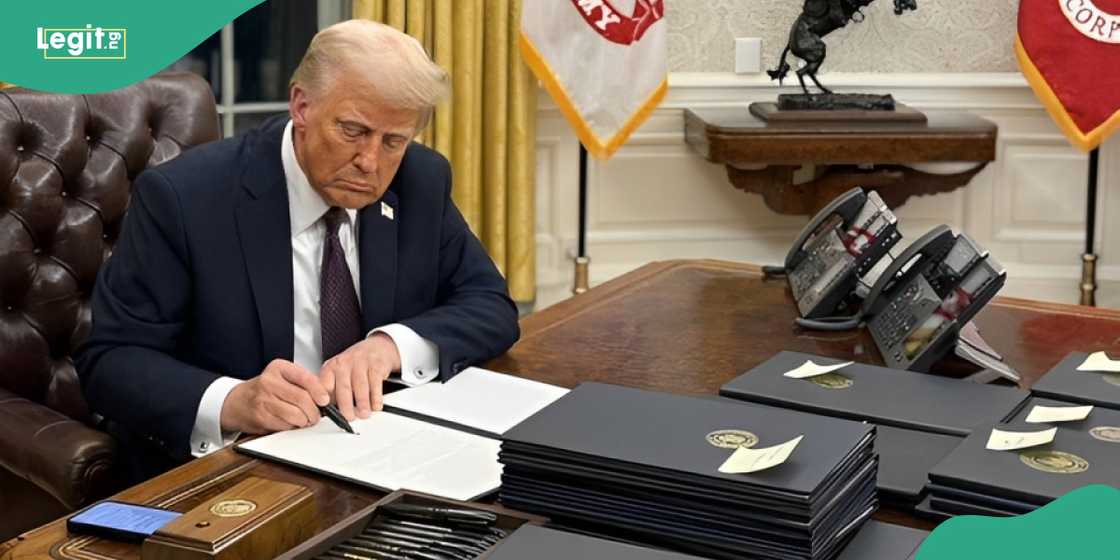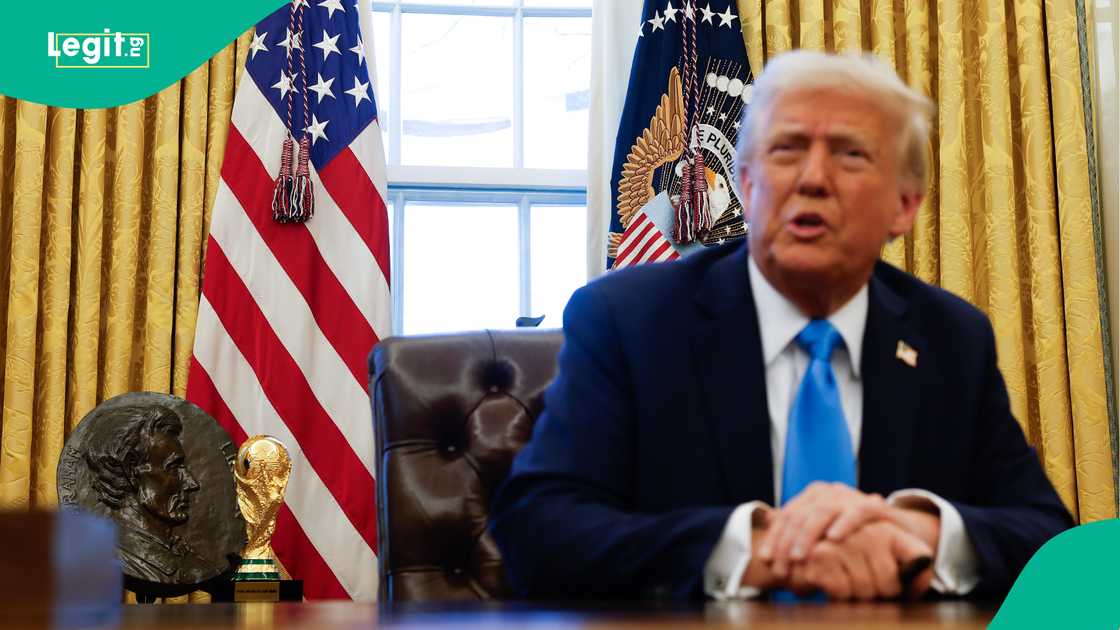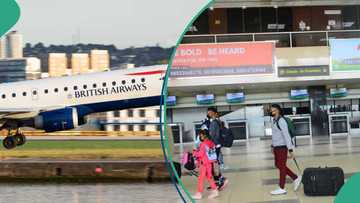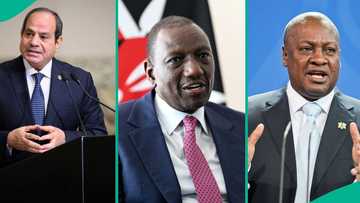US to Raise Visa Fees, Tighten Rules for Nigerians, Other African Travellers from 2026
- The US government has released new visa guidelines that will become effective in 2026
- The new framework introduces higher application fees, stricter documentation requirements, and longer processing times
- The changes affect mostly African travellers, including Nigeria and four other African countries
Pascal Oparada, a reporter for Legit.ng, has over ten years of experience covering technology, energy, stocks, investment, and the economy.
The United States government has unveiled a revised visa framework that will take effect in 2026, introducing higher application fees, stricter documentation requirements, and longer processing times for African travellers.
The changes will affect citizens of Nigeria, South Africa, Kenya, Egypt, Morocco, Ethiopia, and several other countries.

Source: Facebook
The U.S. says the update comes in response to rising visa demand from Africa and heightened security concerns.
How the changes affect Africans
Currently, South Africans enjoy limited visa-free entry under the U.S. Visa Waiver Program for short visits.
However, for longer stays, they rely on visas such as the B1/B2 tourist visa, student visas (F and M categories), and the J exchange program. These will all attract higher charges once the new framework kicks in.
Nigerians and Kenyans, who do not benefit from any visa waiver, already face long wait times and rigorous vetting.
Nigerian applicants often wait between three and twelve weeks for appointments in Abuja or Lagos.
Affected African countries
They must also provide proof of ties to Nigeria, such as family, property, or employment. Similar requirements apply to Kenyans, with average processing taking three to eight weeks.
With the new visa regime, both countries are expected to see even longer delays and additional costs.
Other nations, including Egypt, Morocco, Ethiopia, Uganda, Ghana, Tanzania, and Senegal, will also be affected.
- Current visa costs and what will change
- At present, U.S. visa costs vary depending on the category.
- The B1/B2 tourist visa fee is $160, valid for six months with possible extension.
- Student visas (F and M categories) also cost $160, valid for the duration of study.
- The H-1B skilled worker visa costs between $190 and $460, depending on the petition type, and lasts three years.
- The J exchange visa, at $160, can be valid for up to five years.
Some applicants also pay additional issuance fees ranging from $50 to $200, depending on their country of origin. Under the new system, these baseline costs will rise, alongside stricter demands for documentation to prove intent to return home.
Implications for students, businesses, and tourists
The impact could be significant. African students applying to U.S. universities may face enrollment delays due to extended visa processing times. Businesses relying on professional exchanges and training programs could also encounter disruptions.
For tourists, the higher costs and stricter checks may put U.S. travel out of reach for many middle-class Africans who once viewed it as an affordable option.
The bigger picture for Africans
The updated visa program underscores Washington’s attempt to balance growing demand for U.S. entry with security priorities.
With African nations like Nigeria, Kenya, and Ethiopia ranking among the fastest-growing sources of visa applicants, the U.S. is tightening controls to manage volumes.
Travellers are now advised to plan far ahead, prepare more comprehensive documentation, and brace for longer wait times as the new visa system takes effect in 2026.

Source: Getty Images
UK to introduce zero visa fees
The development came as Britain is weighing plans to slash visa fees and speed up applications for leading foreign academics and digital experts.
This move is expected to attract top US scientists away from home, attract global talent, and challenge President Donald Trump’s efforts to keep talent in America.
The Financial Times UK said Prime Minister Keir Starmer’s “global talent taskforce” is reviewing measures to reduce costs and streamline paperwork, officials said.
UK bans foreign recruitment in 100 job roles
Legit.ng earlier reported that the United Kingdom has announced sweeping immigration reforms, removing over 100 job roles from its foreign recruitment list, a move that will affect thousands of Nigerians seeking work opportunities in Britain.
The policy, unveiled by the Home Office on August 30, 2025, is aimed at cutting net migration and prioritising British citizens in the job market.
The Home Office revealed this in a statement on X.
Don't miss out! Join Legit.ng's Sports News channel on WhatsApp now!
Source: Legit.ng





